Deodorant vs. antiperspirant. What are the differences?
min. reading
Informally, the terms deodorant and antiperspirant are often used interchangeably, although these products have significant differences. If you want to learn about the distinctions between them and understand what to consider when choosing these products, read this article to the end.
Table of Contents
What is a deodorant, and what is an antiperspirant?
A common feature of deodorants and antiperspirants is that they are most often used to refresh areas around the armpits. Sometimes there are preparations for other parts of the body, such as the feet and hands. However, these products differ significantly. Deodorants are products that do not block sweat secretion, making them ideal for individuals with not very intense perspiration. They contain antibacterial substances and often fragrances that effectively mask the unpleasant odor of sweat. Antiperspirant, on the other hand, aims to stop sweat secretion. It is essential to remember that sweating is a physiological process, and thanks to it, our body can regulate body temperature and eliminate some harmful substances. Excessive sweating may be a result of developing a disease, so it’s always worth consulting with a specialist.
Deodorant
The main function of deodorant is to prevent sweat from smelling bad. Sweat itself is almost 100% water and is nearly odorless. Sometimes the odor of sweat can be altered by medications, illness, or insufficient fluid intake. In such situations, it’s best to consult with a specialist about concerning changes. However, in most cases, the unpleasant odor of sweat is caused by bacteria that develop on the moist surface of the skin. Deodorants contain compounds that reduce bacterial reproduction, allowing us to maintain freshness for a more extended period. Typically, deodorants are enriched with various fragrances, which further enhance the product. However, it’s essential to note that these fragrances can cause allergies. Therefore, it’s best to choose natural products that do not contain potentially allergenic substances. Additionally, if you have a tendency to allergies, it’s advisable to select products that include ingredients known to you.
Antiperspirant
Contrary to deodorant, antiperspirant’s purpose is to limit sweat secretion by narrowing the sweat glands. It’s crucial to take breaks from using antiperspirants when choosing them; otherwise, it can lead to inflammatory conditions resulting from reduced sweat gland permeability. Additionally, antiperspirants, like deodorants, contain substances with antibacterial properties. As a result, even when sweating, a fresh odor is maintained. Antiperspirants, like deodorants, are often enriched with various fragrances. The durability of these products is greater than deodorants, lasting up to 48 hours, as claimed by some manufacturers of such products. However, it’s essential to use them sensibly. The duration of antiperspirants should not deceive you; maintaining proper personal hygiene is still necessary. Antiperspirants are particularly recommended for individuals with excessive perspiration. However, it’s important to be aware that excessive sweating may be a sign of a serious illness. Therefore, the best approach is to find the cause of excessive sweating, not just mask its effects with antiperspirants.
Antiperspirants and deodorants can be found in various forms, such as:
- Stick
- Cream
- Liquid
- Spray
Antiperspirants can also be divided into men’s and women’s antiperspirants. They typically differ in fragrance, which is designated for a specific gender by the manufacturer. However, if you prefer the scent intended for the opposite gender, there should be no reservations about using it.
HempKing Deodorants
-
Natural Hemp Deodorant for Men with CBD and Peppermint
€12.88Natural Hemp Deodorant for Men with CBD:
contains full-spectrum hemp extract with CBD and other phytonutrients,
version of a deodorant for men with peppermint fragrance,
vegan product,
100% natural ingredients,
… -
Natural Vanilla & Ylang Ylang Flowers Hemp Deodorant with CBD
€12.88with CBD and other cannabinoids
zero waste packaging
vegan
100% natural components
polish product
weight: 65g
Key differences between deodorant and antiperspirant
The most significant difference between deodorant and antiperspirant is the scope of action. Antiperspirants are especially useful for individuals who sweat profusely. Deodorants, on the other hand, allow our body to produce sweat but prevent the development of an unpleasant odor. So, what is better – deodorant or antiperspirant? It depends on what you want to achieve. It’s crucial to remember that sweat is a physiological secretion of the body, enabling efficient thermoregulation. Various toxins are also removed from the body with sweat. Therefore, before using antiperspirant, it’s worth asking yourself whether a small amount of sweat causes discomfort. Excess sweat may also result from wearing clothing made of synthetic fabric. Natural materials are more breathable, and often wearing such clothes does not cause discomfort due to the accumulation of sweat.
What to consider when choosing deodorant?
Choosing a good deodorant can sometimes be confusing. In stores, you can choose between natural deodorants and those that contain substances that may cause allergies. Natural deodorants usually rely on purified soda and a natural scent. Deodorants with artificial additives may contain synthetic fragrances and other substances that can cause allergies or skin irritation. Therefore, when choosing deodorant, it’s advisable to opt for one with a better and natural composition. Ethyl alcohol is a very common undesirable ingredient in deodorants that can irritate the skin, especially in sensitive individuals. It’s beneficial for the deodorant to be enriched with antioxidant vitamins, such as vitamin E, and soothing substances like panthenol or aloe extract. Additionally, ecological packaging that can be reused or discarded in the appropriate waste container should be a plus.
What to consider when choosing antiperspirant?
When choosing antiperspirant, it’s best to select those with the shortest possible list of ingredients. Choose one that has been thoroughly tested, especially if your skin tends to various irritations. It’s best to avoid antiperspirants of unknown origin. Unfortunately, antiperspirants are often enriched with parabens, artificial dyes, and fragrances that can also irritate the skin.
How to use deodorant?
Applying deodorants is not complicated, yet they are often used incorrectly. Moderation is crucial when using these products. It’s best when our body has a break from the effects of deodorants and antiperspirants during the day (for example, at night). Deodorants should always be applied to clean and dry skin. It’s essential not to apply these products to irritated skin or immediately after shaving or other forms of hair removal, as this can cause even more irritation. Additionally, deodorants should not be used before going to a solarium or during tanning.
How to use antiperspirant?
Using antiperspirants is very similar to the principles of using deodorants. However, in this case, greater caution should be exercised. When using antiperspirants:
- Take breaks from their use from time to time.
- Always apply them to clean and dry skin.
- Apply them from the appropriate distance and for a specified time.
References:
- Miroslawska M.: Dezodoranty i antyperspiranty. 2017, 24: 110-111.
- China Food and Drug Administration. Safety and technical standards for cosmetics. 2015.
- Greif M, Maibach HI. United States cosmetic ingredient labeling. Contact Dermatitis. 1977;3(2):94-97.

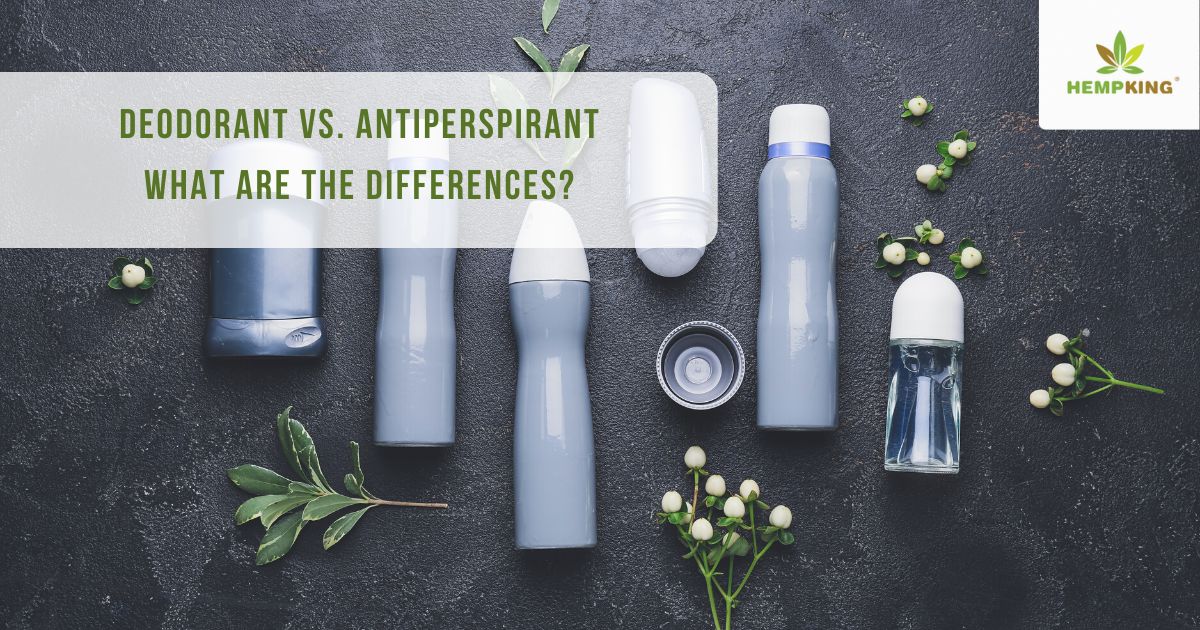
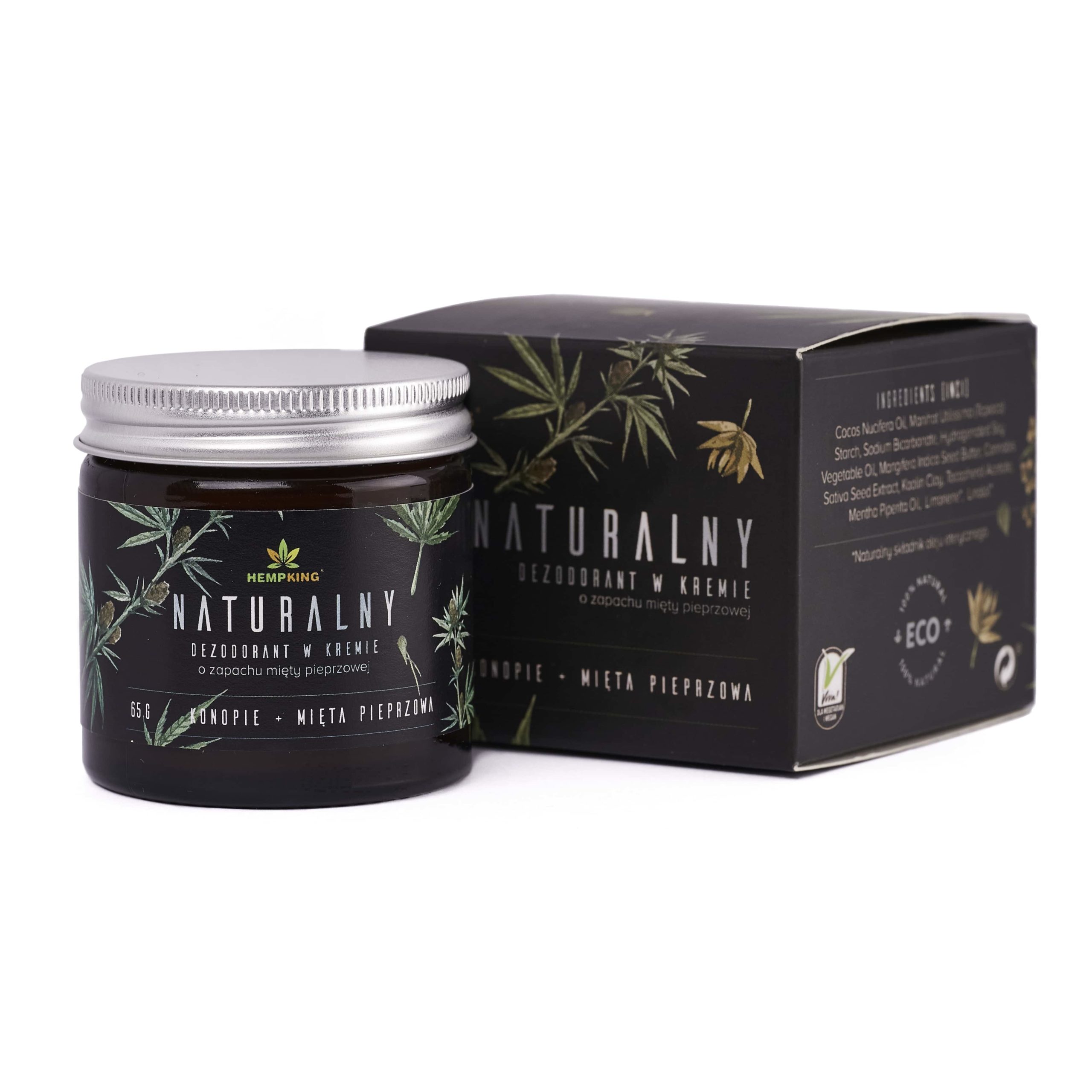
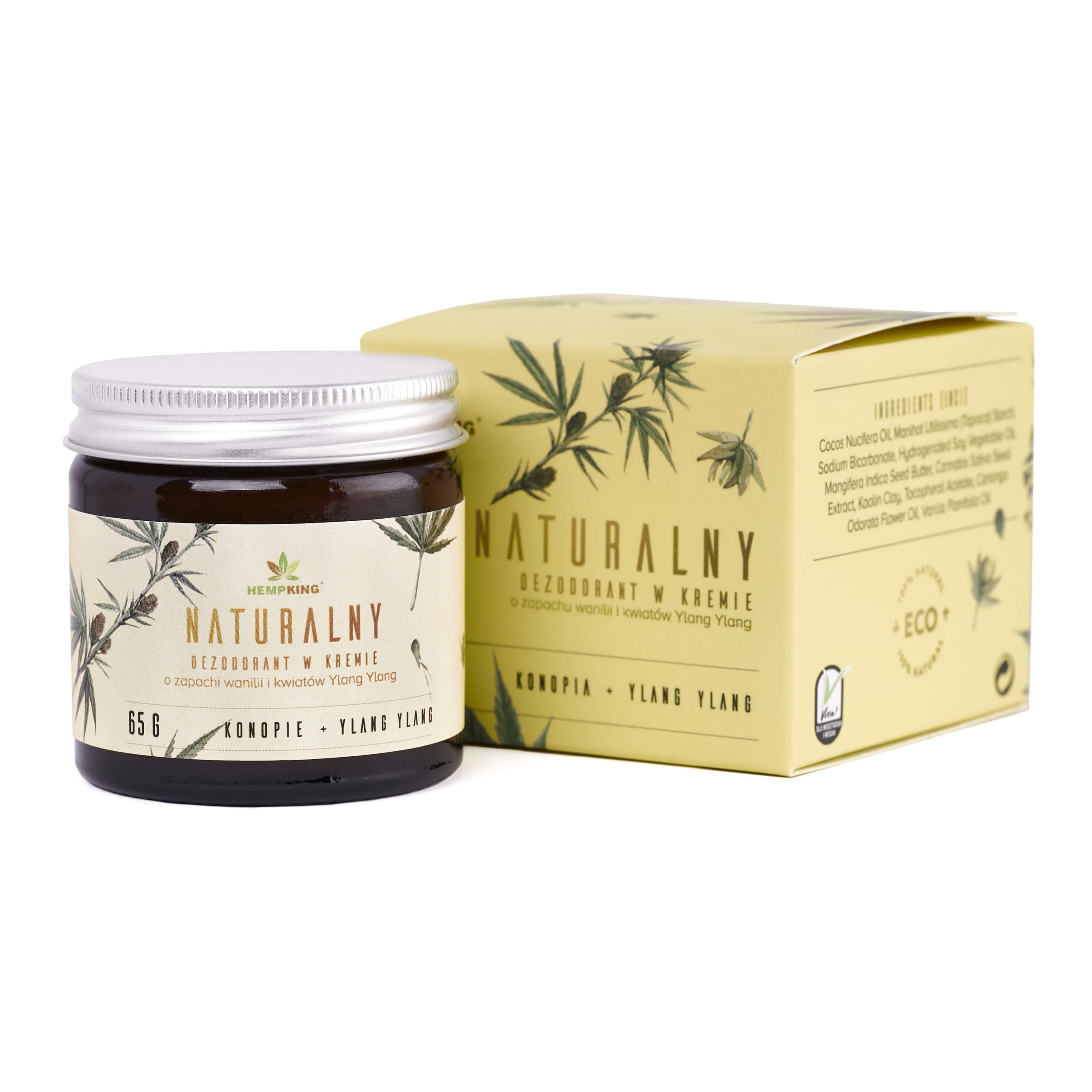



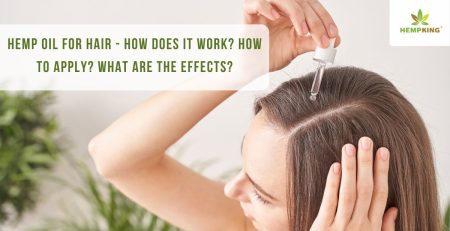



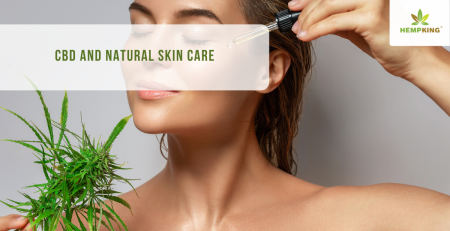


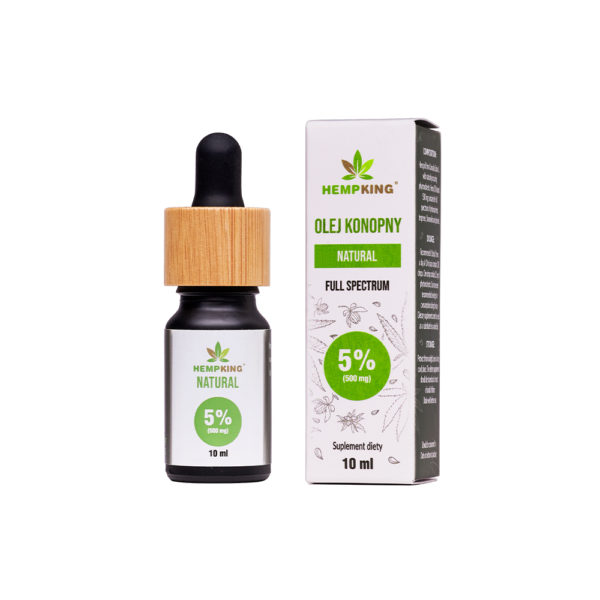
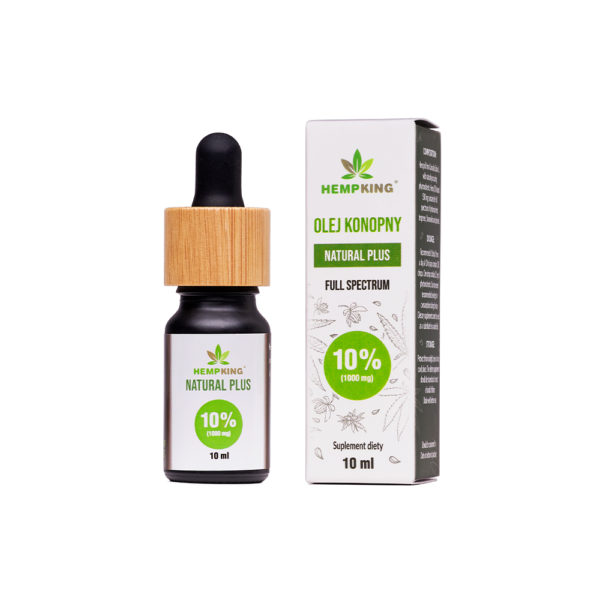
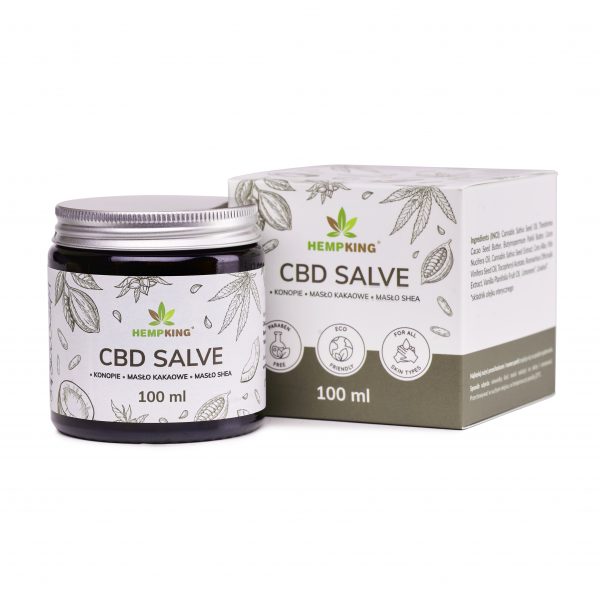
 Facebook
Facebook Instagram
Instagram

Leave a Reply